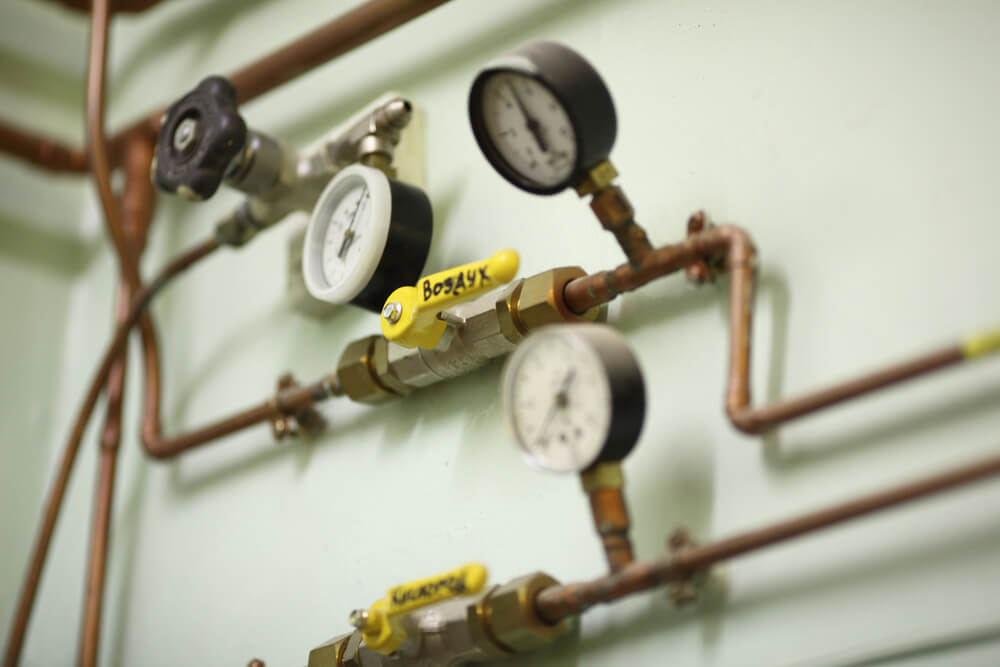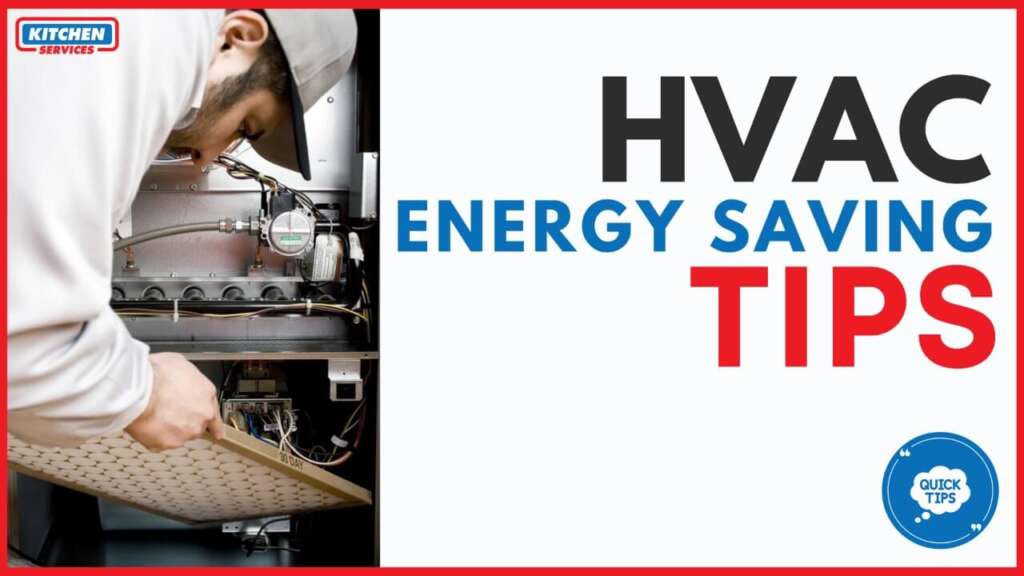Your HVAC system plays a very important role in order to keep your house cool in the summer and warm during the winter season. It is also one of the most costly items that can be there on your energy bills. However, if you replace your HVAC unit with a new one, the more energy-efficient model can eventually help in reducing your energy usage, these HVAC Energy Saving Tips are some of the simpler and cost-effective improvements that anyone among you can make in order to be more energy efficient.
There is a simple saying about saving power “the cheapest kilowatt-hour is the one you don’t use” your HVAC energy efficiency would always start with a mindset of using less and getting the most out of what you have. So as your HVAC system would represent a significant portion of typical energy costs (experts say as much as 50 to 60 percent), these measures can make a big difference.
You must never have to choose between staying comfortable or saving money. As your HVAC system accounts for as much as 50 percent of your entire energy bill. Which can also add up to big bucks over the course of the whole year-round. However, being extra smart with your HVAC system can also turn into being smart with your money. Yes, you can reduce your HVAC energy costs in some simple ways with some major HVAC Energy Saving Tips.
Why Save Energy?
Well, every homeowner might often look for some effective ways so that they can save money as well as the environment, and one of the best ways to do this is by cutting down unnecessary energy usage. Just by updating or changing the little behavior in the way you usually use your home appliances, there may become high chances that you can increase your home’s efficiency, protect the environment as well as save on your annual utility bills without compromising your comfort.
How to reduce HVAC costs?

Keep in mind that heating, ventilation, and air conditioning (HVAC) systems account for 32 percent of any commercial building’s energy usage, as per the U.S. Department of Energy. Due to a combination of intelligent purchasing, maintenance programs, and strategic planning, all the building managers can decrease the overall consumption and keep heating and cooling costs very low.
“Recent advancements in HVAC technologies make energy efficiency more accessible to a wide range of buildings – from apartment buildings and corporate headquarters to universities and retail stores,” says Chris Makarewicz, eastern North American operations manager at Jaga Climate Systems. “When building managers are aware of the specific ways they can reduce HVAC demands, they can develop customized systems that help to improve energy efficiency throughout a building.”
10 HVAC Energy Saving Tips
Here are 10 HVAC energy-saving tips that can help reduce energy consumption and lower your utility bills:
1. Upgrade to a Programmable Thermostat
- A programmable or smart thermostat allows you to set schedules and adjust temperatures automatically, ensuring efficient heating and cooling when you’re away or asleep.
2. Regular HVAC Maintenance
- Schedule professional maintenance at least once a year to ensure the system is running efficiently. This includes cleaning coils, checking refrigerant levels, and inspecting parts for wear and tear.
3. Change Air Filters Regularly
- Clogged filters force your HVAC system to work harder. Replace them every 1-3 months, depending on use and the presence of pets or allergens.
4. Seal Leaks in Ductwork
- Leaky ducts can cause air loss, leading to increased energy consumption. Ensure that ducts are sealed and insulated properly to prevent waste.
5. Install Energy-Efficient Windows
- Double-pane, energy-efficient windows help reduce heat gain in the summer and heat loss in the winter, easing the load on your HVAC system.
6. Use Ceiling Fans
- Ceiling fans can help distribute air evenly, reducing the need for excessive heating or cooling. In the summer, run the fans counterclockwise, and in winter, reverse them to clockwise.
7. Optimize Your Home’s Insulation
- Proper insulation in the walls, attic, and floors helps maintain indoor temperature, reducing the need for constant heating or cooling.
8. Use Curtains and Blinds Wisely
- During the day, close curtains or blinds to block heat from the sun. In the winter, open them during the day to let natural heat in and close them at night to reduce heat loss.
9. Install a Zoning System
- Zoning allows you to heat or cool specific areas of your home separately. This reduces energy usage by avoiding heating or cooling unoccupied areas.
10. Upgrade to Energy-Efficient HVAC Equipment
- If your system is more than 10-15 years old, consider upgrading to an energy-efficient model. Look for systems with a high SEER (Seasonal Energy Efficiency Ratio) rating for better performance.
These steps can enhance the efficiency of your HVAC system, helping you save on energy costs while maintaining comfort in your home or business.
Why conserve energy in the first place?
Well, the energy conservation is really very important and beneficial for a lot of reasons. You can also save money, you may increase your property value, as well as you can protect the environment all through simple energy-saving measures.
These are some of the great advantages you can gain from saving energy no matter your exact motivation for conservation in the first place. By simply taking a small step towards living a more energy-conscious lifestyle, you can begin to enjoy all of the perks of being energy efficient.

